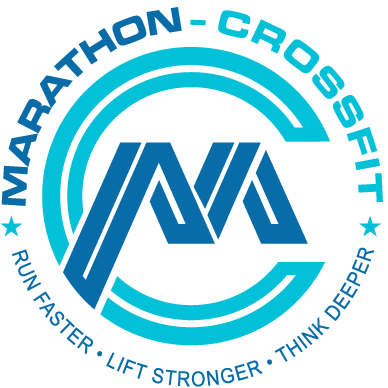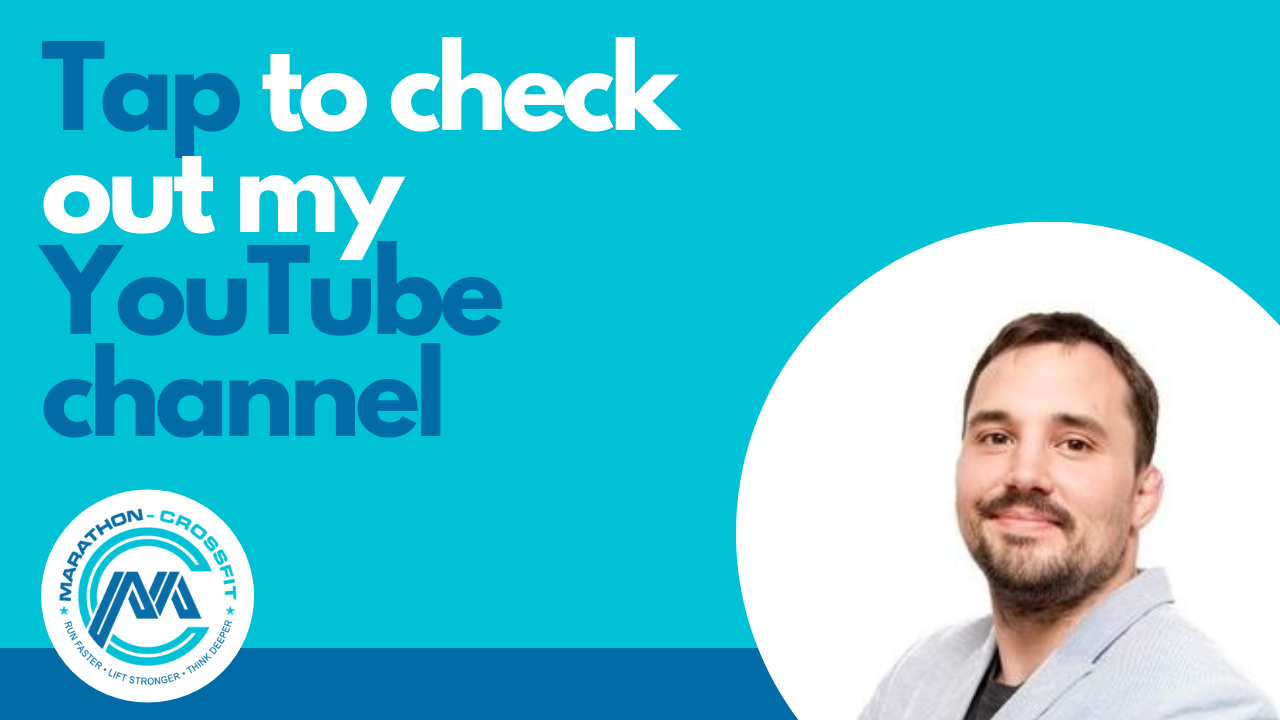Deep work for fitness coaches
This article is based on the book deep work which was published in 2016. It was written by Cal Newport, Assistant professor at the University of Georgetown at the time. He also authored So Good they can't ignore you.
The book deals with the phenomenon that modern technology has wrecked our ability to concentrate deeply on tasks. This article will show you how to overcome this blockade. Get the most out of your and your clients free time.
Why you should care about working deeply
The number one element of success in fitness is focus. If your clients do not turn up for their sessions, they do not get results. If they don't get results, they will not recommend you. It is paramount that you are able to focus and teach your clients how to. This will ensure long-lasting success.
What happened when I started to focus more
The concept of deep work started for me when I got used to my own Journal. At first, I set too many tasks for a day. I deviated from that and reduced it to three. I only moved on when the first one was out of the way. This enabled me to work more meaningful on my blog and in my job. Wherever you can simplify and declutter your life, do it.
Multitasking is your enemy
It is a running joke that men are bad at multitasking. This implies that doing multiple things at once is a good thing. With the age of the internet comes the expectation of instant gratification. Therefore a lot of people think doing multiple things is productive. Nothing could be further from the truth. This trend also manifests in fitness. CrossFit is the equinox of this thinking.
What you should remember is that switching tasks frequently has a cost attached to it.
When switching from task A to task B, our attention stays attached to the first activity, which means we can only half-focus on the second, which hurts our performance. Some experiments utilized two groups: group A worked on word puzzles until interrupted to go on to reading resumes and making hypothetical hiring decisions; Group B got to finish their puzzles before moving on to the resumes. Group A was much more focused on the puzzle and therefore less focused on the important task of hiring the right person.
But ironically enough, we end up stuck in the same routine every night: we watch TV, scroll through our phones or stare at our computers. Then, when it’s finally time to go to bed, we feel more tired than when we got home, leaving us depleted of energy for the next day.
My wife my I have the tendency to binge watch some of the newest series. Whenever we do it we live to regret it the next day. Identify these behaviors and minimize them. Although binge-watching is still better than switching between your assignment and breaking bad every hour.
How to work deep
The first is the monastic approach. This strategy works by eliminating all sources of distraction and secluding yourself like a monk.
The second is called the bimodal approach, which involves setting a clearly defined, long period of seclusion for work and leaving the rest of your time free for everything else.
The third is the rhythmic approach. The idea here is to form a habit of doing deep work for blocks of, say, 90 minutes and using a calendar to track your accomplishments.
And finally, the journalistic strategy is to take any unexpected free time in your daily routine to do deep work. But regardless of which technique you employ, it’s key to remember that they’re methodical, not random.
Just take J.K. Rowling, who, while finishing her last Harry Potter book, stayed at a five-star hotel just to escape her hectic home environment and cope with the pressure so she could get into deep work.
Use moments that would otherwise be unproductive – like walking your dog, taking a shower or commuting to work – to consider a problem you need to take care of without letting your mind change subjects.
I use Evernote and the Kindle app to be more productive. Many of my blog posts are written on my commute using Evernote. The research is done with Blinkist and the kindle app.
To get started, ask yourself questions that identify different issues in solving a given problem. Then, once you’ve landed a specific target, ask yourself action questions like, “What do I need to accomplish my goal?”
if you use Facebook to keep in touch with friends, then use it to communicate with them, but also make an effort, when possible, to spend more time with them in person.
quit social media for 30 days and afterward, ask yourself: Would the past month have been that much better with social media in my life? Did anyone care that I stopped using it?
By scheduling everything you do, you’ll free up time for being mindful of how you spend it. At the start of every workday, create a schedule that’s divided into blocks of at least 30 minutes. In this schedule, you should set both work and personal tasks like time to relax, eat or catch up on email.
The self-journal I keep teaches you to have an open calendar but closed door policy. This means that anyone can book a meeting with you but not walk in on you any time. This avoids interruptions. Lesser interruptions mean you get done quicker.
Try to leave your work at the office, for instance, by imposing limitations and not checking your email after a certain time. By doing so, you’ll give your mind the space it needs to shut down.
Actionable advice: The next time you feel completely exhausted at the end of an unproductive day, consider taking an “internet sabbath.”
Conclusion
Technology is one of the biggest distractions for you and your client. Minimise the use of it. Turn off push notifications. Make use of technology where it enforces a good behavior pattern. In your sessions focus on the workout. Keep the chat for before and after. Your clients will appreciate your professionalism and come back for more.
Further reading
- 12 practical tips for fitness coaches to be healthier
- As a man thinketh for fitness coaches
- Best apps for fitness coaches
- Choose yourself for fitness coaches
- Finish for fitness coaches
- Grit for fitness coaches
- How fitness coaches get mindfulness easily
- How fitness coaches get unlimited power for their clients
- Mastery for fitness coaches
- Rework for fitness coaches
- The ONE Thing for fitness coaches
- The power of now for fitness coaches
- The power of positive thinking for fitness coaches
- The power of thinking big for fitness coaches


